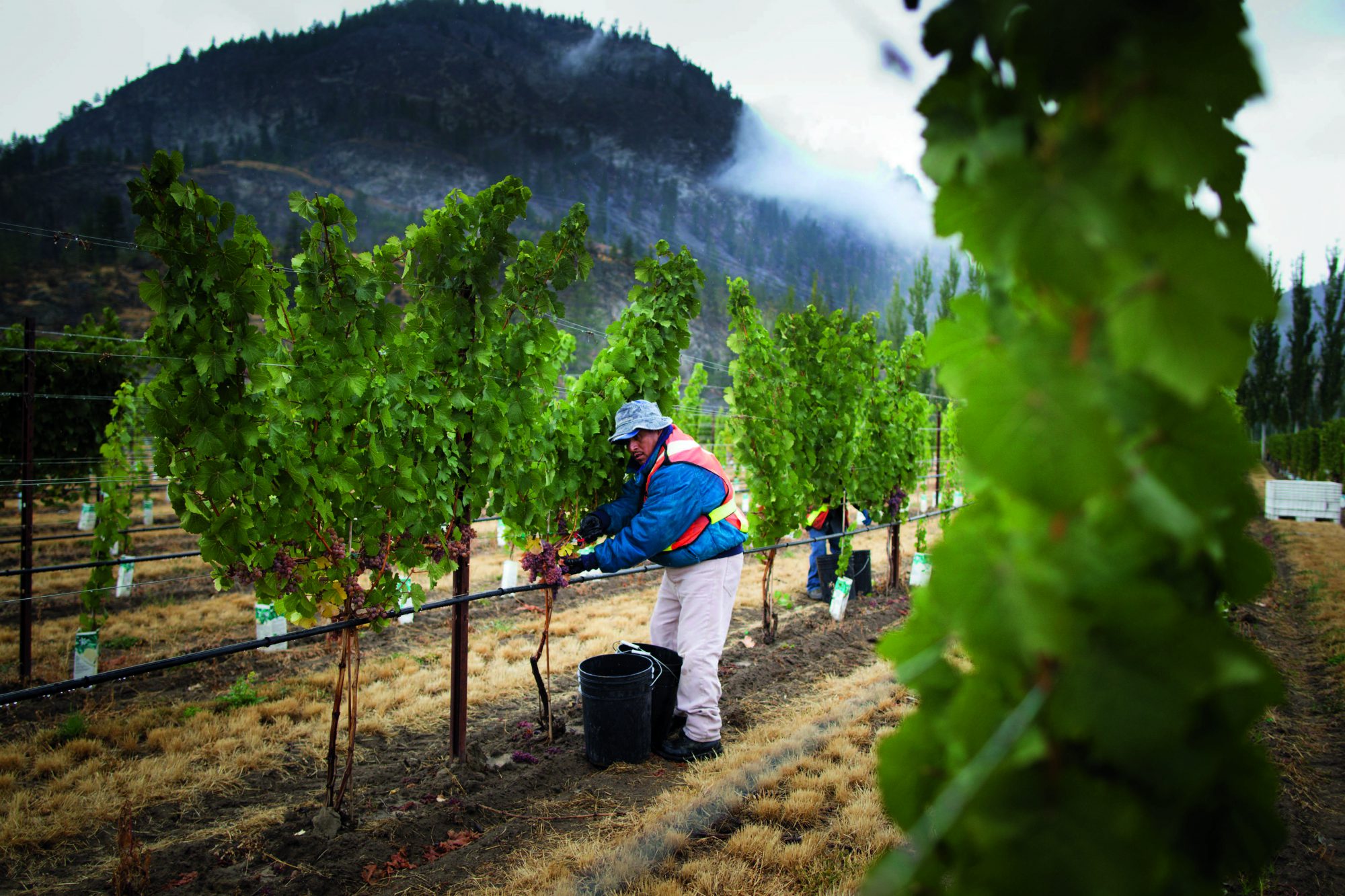This spring, COVID-19 travel restrictions prevented hundreds of migrant workers from coming to Canada to harvest one of the country’s biggest asparagus crops. The company that owned the crop, Scotlynn Group, offered locals $25 per hour to do the work instead. CEO Scott Biddle told the Hamilton Spectator that the company was overwhelmed with interest.
But by the end of the first day, it became apparent that the plan wouldn’t work. Without the skills of the migrant workers, the local workers were unable to use the necessary machinery. One hundred and eighty-two hectares of asparagus were left to die in the field.
You may unsubscribe from any of our newsletters at any time.
More on Broadview: Five Oaks housing migrant farmworkers during pandemic
Seasonal agricultural workers form the backbone of Canada’s food economy. Their work is highly skilled and critical to supplying Canadians with local food. And yet, federal and provincial politicians continue to allow these workers to be exploited through dangerous working conditions (with few options to challenge them) and low pay. An already precarious situation became even worse during the COVID-19 crisis. Now, Canadians need to demand better treatment of the people whose labour nourishes them.
Canada’s temporary foreign worker program is supposed to give employers access to workers in cases where they are unable to fill jobs with Canadians. Canadian law grants fewer labour protections to foreign workers than Canadian ones. With precarious citizenship status and temporary employment, migrant workers are vulnerable to mistreatment. Employers often put workers up in inadequate housing, forcing them to share small quarters. Legislation allows for many workers to be paid less than minimum wage, and they may be expected to work extremely long days in harsh and hot conditions. Workers also regularly report racist experiences with employers or local community members.
The exploitation inherent in the program puts workers in even more danger during the COVID-19 pandemic. Hundreds of temporary foreign workers contracted the virus in outbreaks across British Columbia and Ontario this spring, with little help from their employers or politicians to ensure their protection. On May 30, 31-year-old Bonifacio Eugenio-Romero from Mexico became the first migrant labourer to die in Canada. He worked at a pepper farm in Kingsville, Ont., near Windsor.
In May 2019, the Migrant Workers Alliance for Change, an umbrella organization uniting dozens of organizations and unions who work for migrant rights, responded to federal government priorities with their vision to improve the rights of migrant workers. They called for all temporary foreign workers to be given permanent resident status upon entering Canada, and the right to be able to move from job to job and not be bound to a single employer.
Foreign workers also need better salaries and working conditions. If $25 is what these farms would offer Canadian employees, that’s what non-Canadians should receive as well.
COVID-19 has forced Canada to examine its internal economic capacity, and agricultural work is a key piece of this puzzle. Local food has never been more important: from reducing the carbon impact of agriculture to supporting and encouraging rural economies, Canadians need robust local food systems. But the people who labour in these systems continue to be dehumanized and devalued. Agricultural workers are essential, and their wages, working conditions and citizenship status should reflect this.
This column first appeared in Broadview‘s September 2020 issue with the title “A fair deal.”
***
Nora Loreto is a writer and podcast co-host based in Quebec City.
I hope you found this Broadview article engaging. The magazine and its forerunners have been publishing continuously since 1829. We face a crisis today like no other in our 191-year history and we need your help. Would you consider a one-time gift to see us through this emergency?
We’re working hard to keep producing the print and digital versions of Broadview. We’ve adjusted our editorial plans to focus on coverage of the social, ethical and spiritual elements of the pandemic. But we can only deliver Broadview’s award-winning journalism if we can pay our bills. A single tax-receiptable gift right now is literally a lifeline.
Things will get better — we’ve overcome adversity before. But until then, we really need your help. No matter how large or small, I’m extremely grateful for your support.
Jocelyn Bell
Editor/Publisher














